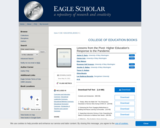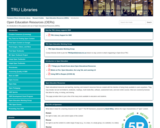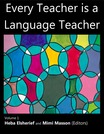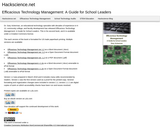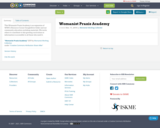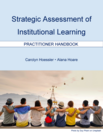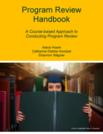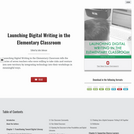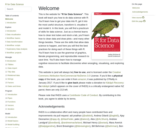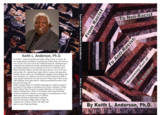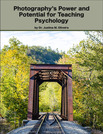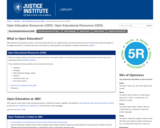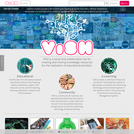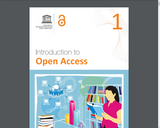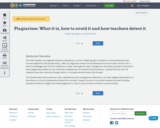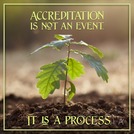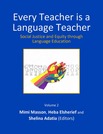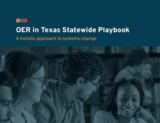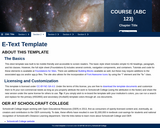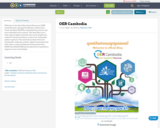Progress of every profession, academic discipline and society at large rides on the back of research and development. Research generates new information and knowledge. It is a standardized process of identifying problem, collecting data or evidence, tabulating data and its analysis, drawing inference and establishing new facts in the form of information. Information has its life cycle: conception, generation, communication, evaluation and validation, use, impact and lastly a fuel for new ideas. Research results are published in journals, conference proceedings, monographs, dissertations, reports, and now the web provides many a new forum for its communication. Since their origin in the 17th century, the journals have remained very popular and important channels for dissemination of new ideas and research. Journals have become inseparable organ of scholarship and research communication, and are a huge and wide industry. Their proliferation (with high mortality rate), high cost of production, cumbersome distribution, waiting time for authors to get published, and then more time in getting listed in indexing services, increasing subscription rates, and lastly archiving of back volumes have led to a serious problem known as "Serials Crisis". The ICT, especially the internet and the WWW, descended from the cyber space to solve all these problems over night in the new avatar of e-journals. Their inherent features and versatility have made them immensely popular. Then in the beginning of the 21st century emerged the Open Access (OA) movement with the Budapest Open Access Initiative (BOAI). Philosophy of open access is to provide free of charge and unhindered access to research and its publications without copyright restrictions. The movement got support from great scientists, educationists, publishers, research institutions, professional associations and library organizations. The other OA declarations at Berlin and Bethesda put it on strong footings. Its philosophy is: research funded by tax payers should be available free of charge to tax payers. Research being a public good should be available to all irrespective of their paying capacity. The OA has many forms of access and usage varying from total freedom from paying any charges, full permission to copy, download, print, distribute, archive, translate and even change format to its usage with varying restrictions.
In the beginning, OA publications were doubted for their authenticity and quality: established authors and researchers shied away both from contributing to and citing from OA literature. But Committee on Publication Ethics (COPE, 1997) and its code of conduct formulated in collaboration with DOAJ and OASPA, etc. have stemmed the rot. They have defined best practices and compiled principles of transparency for quality control to sift the grain from the chaff; to keep the fraudulent at bay. Now it is accepted that contributors to OA get increased visibility, global presence, increased accessibility, increased collaboration, increased impact both in citations and applications, and lastly instant feedback, comments and critical reflections. This movement has got roots due to its systematic advocacy campaign. Since 2008 every year 21-27 October is celebrated as the OA week throughout the world. There are many organizations which advocate OA through social media and provide guidance for others.
Open Access research literature has not only made new ideas easy and quick to disseminate, but the impact of research can be quantitatively gauged by various bibliometric, scientometric and webometric methods such as h-index, i-10 index, etc. to measure the scientific productivity, its flow, speed and lastly its concrete influence on individuals, and on the progress of a discipline. The OA movement is gaining momentum every day, thanks to technology, organizational efforts for quality control and its measureable impact on productivity and further research. It needs to be strengthened with participation of every researcher, scientist, educationist and librarian. This module covers five units, covering these issues. At the end of this module, you are expected to be able to:
- Define scholarly communication and open access, and promote and differentiate between the various forms of Open Access;
- Explain issues related to rights management, incl. copyright, copy-left, authors’ rights and related intellectual property rights;
- Demonstrate the impact of Open Access within a scholarly communication environment.
This is Module One of the UNESCO's Open Access Curriculum for Library Schools.
Full-Text is available at http://unesdoc.unesco.org/images/0023/002319/231920E.pdf.
